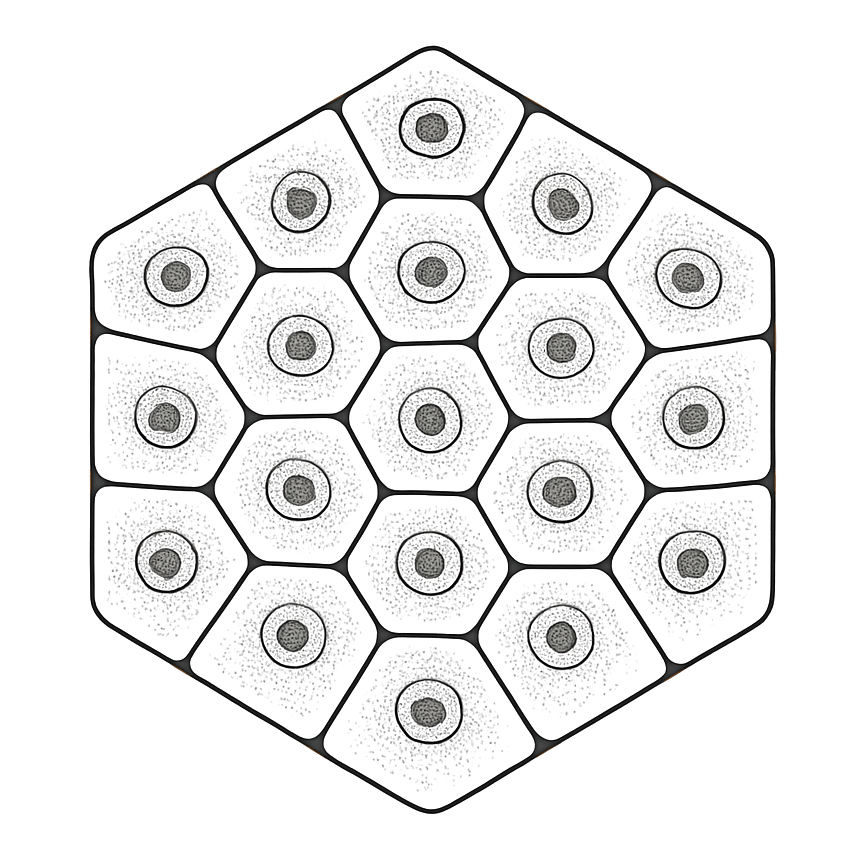What are the side effects of isotretinoin (roaccutane)?

Isotretinoin can cause severe fetal malformation and therefore it must not be taken by pregnant women. Women at risk of pregnancy should use two independent methods of contraception for 1 month prior to treatment, throughout the course of treatment and for 3 months after completing the course of treatment.
Other common side effects include:
- Dry lips: Almost all patients will experience this, the frequent use of a lip moisturiser - such as vaseline - is usually sufficient.
- Dry skin: Isotretinoin will dry the skin, which can lead to the development of dermatitis. Following a dedicated skincare routine during treatment can help manage this dryness.
- Increased sensitivity of your skin to sunlight
- Temporary hair thinning
- Muscle ache and delayed recovery from exercise - this can be an issue for those competing in sports at a high level
Rare side effects include:
- Liver inflammation (hepatitis): This is an uncommon but recognized side effect. Blood tests are performed before starting treatment and after approximately 2 months of treatment in order that it can be picked up early.
- Disturbance of the fats (lipids) in the blood: This is rare in otherwise healthy individuals and is monitored with blood tests.
- Mood disturbance: Isotretinoin has been associated with low mood and depression and there have been several cases of suicide whilst patients are taking isotretinoin.
It is difficult to known to what extent depression and low mood are the result of the treatment with isotretinoin particularly since acne itself can cause low mood, however if you have suffered from depression you will be required to see a psychiatrist who can assess the safety of isotretinoin prior to commencing treatment.
If you experience low mood whilst taking isotretinoin you must immediately stop taking it and seek advice from a doctor.
Inflammatory bowel disease: A link has been proposed between treatment with isotretinoin and the development of inflammatory bowel diseases such as ulcerative colitis and Chron's disease, however the evidence in this area remains inconclusive.
The British association of Dermatologists has produced a very helpful information leaflet that lists some additional rare side effects that may occur and provides additional information relating to treatment with isotretinoin and it is very important that you have read this and discussed any questions that you might have with your dermatologist prior to starting treatment.
It is important to appreciate that despite the possible side effects listed above, the majority of patients tolerate treatment with isotretinoin well experiencing only dry skin and lips and find it to be a safe and effective treatment. Nevertheless, due to this potential for side effects it can only be prescribed under the supervision of a consultant dermatologist.
Related Articles
- When should I consider isotretinoin (Roaccutane) for my acne?
- What skincare routine should you use during isotretinoin treatment?
- How long do I need to take isotretinoin (roaccutane) for?
- How effective is isotretinoin?
How I can help
My NHS practice is at Guy's Hospital. I consult with private patients at several well-appointed and conveniently located sites across central London:
- London Bridge Hospital: Conveniently situated within The Shard, next to London Bridge station.
- Skin55 Ltd: Located at 55 Harley Street, this beautiful Edwardian building houses one of the largest private dermatology facilities in the UK with a comprehensive laser suite.
- OneWelbeck: Located close to Bond Street underground station. Mohs surgery, lasers, and other skin surgeries are performed in the state-of-the-art surgical suite here.
A new consultation is £250, a follow up consultation is £220. For more information on fees, please visit Prices.

